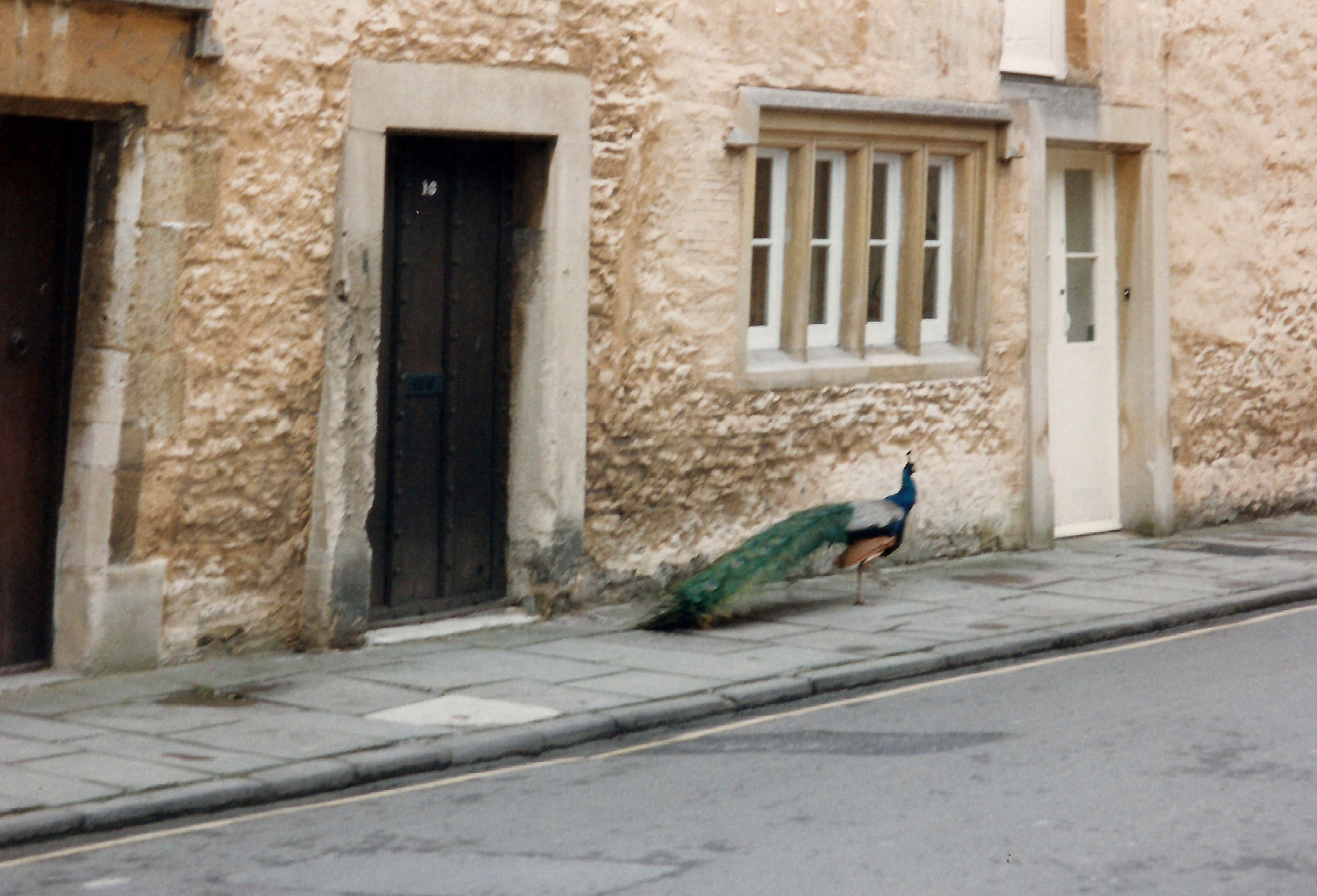|
Tinc (retail)
Tinc is a British stationery and gadgets store chain with 2 stores in the south of England. The chain also sells select lines in larger retail chains, such as John Lewis & Partners. They opened their first shop in Bath in April 2011, and their head office is in Corsham, Wiltshire. In 2013, they were awarded 'product business of the year' at the 2013 Startups Awards. In April 2015, they opened in Cheltenham Cheltenham () is a historic spa town and borough adjacent to the Cotswolds in Gloucestershire, England. Cheltenham became known as a health and holiday spa town resort following the discovery of mineral springs in 1716, and claims to be the mo .... In June 2015, Tinc bought seven stores from rival stationery retailer ''Blott'' which went into administration in April. References {{DEFAULTSORT:Tinc Companies based in Wiltshire Retail companies established in 2011 Stationers of the United Kingdom British companies established in 2011 ... [...More Info...] [...Related Items...] OR: [Wikipedia] [Google] [Baidu] |
John Lewis & Partners
John Lewis plc (trading as John Lewis & Partners) is a British department store chain founded by John Lewis in 1864. It is part of the John Lewis Partnership, John Lewis Partnership plc, a holding company held in a trust on behalf of its employees as the beneficiaries of the trust. The brand was established in 1929 by John Spedan Lewis, Spedan Lewis, son of the founder, John Lewis (department store founder), John Lewis. The first John Lewis store opened in 1864 on Oxford Street, London. In 2023, there are 35 stores throughout Great Britain. From 1925 to 2022, John Lewis had a policy known as "Never Knowingly Undersold," which promised to match or beat lower prices offered by national high street competitors. The Oxford Street store received a Royal Warrant of Appointment (United Kingdom), Royal Warrant in 2008 from Queen Elizabeth II as "suppliers of haberdashery and household goods." The Heelas of Reading, Reading store was awarded a Royal Warrant in 2007 as "suppliers of ho ... [...More Info...] [...Related Items...] OR: [Wikipedia] [Google] [Baidu] |
Bath, Somerset
Bath (Received Pronunciation, RP: , ) is a city in Somerset, England, known for and named after its Roman Baths (Bath), Roman-built baths. At the 2021 census, the population was 94,092. Bath is in the valley of the River Avon, Bristol, River Avon, west of London and southeast of Bristol. The city became a UNESCO World Heritage Site in 1987, and was later added to the transnational World Heritage Site known as the "Great Spa Towns of Europe" in 2021. Bath is also the largest city and settlement in Somerset. The city became a spa with the Latin name ' ("the waters of Sulis") 60 AD when the Romans built Roman Baths (Bath), baths and a temple in the valley of the River Avon, although List of geothermal springs in the United Kingdom, hot springs were known even before then. Bath Abbey was founded in the 7th century and became a religious centre; the building was rebuilt in the 12th and 16th centuries. In the 17th century, claims were made for the curative properties of water ... [...More Info...] [...Related Items...] OR: [Wikipedia] [Google] [Baidu] |
Corsham
Corsham is a historic market town and civil parishes in England, civil parish in west Wiltshire, England. It is at the southwestern edge of the Cotswolds, just off the A4 road (England), A4 national route. It is southwest of Swindon, east of Bristol, north-east of Bath, Somerset, Bath, and southwest of Chippenham. Historically, Corsham was a centre for agriculture and later, the wool industry, and remains a focus for quarrying Bath Stone. It has several notable historic buildings, including the stately home of Corsham Court. During the Second World War and the Cold War, it became a major administrative and manufacturing centre for the Ministry of Defence (United Kingdom), Ministry of Defence, with numerous establishments both above ground and in disused quarry and mine tunnels. The parish includes the villages of Gastard and Neston, which is at the gates of the Neston Park estate. History Corsham appears to derive its name from ''Cosa's hām'', "ham" being Old English for ... [...More Info...] [...Related Items...] OR: [Wikipedia] [Google] [Baidu] |
Cheltenham
Cheltenham () is a historic spa town and borough adjacent to the Cotswolds in Gloucestershire, England. Cheltenham became known as a health and holiday spa town resort following the discovery of mineral springs in 1716, and claims to be the most complete Regency era, Regency town in United Kingdom, Britain. It is directly northeast of Gloucester. The town hosts several cultural festivals, often featuring nationally and internationally famous contributors and attendees: the Cheltenham Literature Festival, the Cheltenham Jazz Festival, the Cheltenham Science Festival, the Cheltenham Music Festival, the Cheltenham International Film Festival, the Cheltenham Cricket Festival and the Cheltenham Food & Drink Festival. In steeplechase (horse racing), steeplechase horse racing, the Cheltenham Gold Cup, Gold Cup is the main event of the Cheltenham Festival held every March. It is also home to a number of leading independent schools, including Cheltenham College and Cheltenham Ladies' Co ... [...More Info...] [...Related Items...] OR: [Wikipedia] [Google] [Baidu] |
Companies Based In Wiltshire
A company, abbreviated as co., is a legal entity representing an association of legal people, whether natural, juridical or a mixture of both, with a specific objective. Company members share a common purpose and unite to achieve specific, declared goals. Over time, companies have evolved to have the following features: "separate legal personality, limited liability, transferable shares, investor ownership, and a managerial hierarchy". The company, as an entity, was created by the state which granted the privilege of incorporation. Companies take various forms, such as: * voluntary associations, which may include nonprofit organizations * business entities, whose aim is to generate sales, revenue, and profit * financial entities and banks * programs or educational institutions A company can be created as a legal person so that the company itself has limited liability as members perform or fail to discharge their duties according to the publicly declared incorporation pu ... [...More Info...] [...Related Items...] OR: [Wikipedia] [Google] [Baidu] |
Retail Companies Established In 2011
Retail is the sale of goods and services to consumers, in contrast to wholesaling, which is the sale to business or institutional customers. A retailer purchases goods in large quantities from manufacturers, directly or through a wholesaler, and then sells in smaller quantities to consumers for a profit. Retailers are the final link in the supply chain from producers to consumers. Retail markets and shops have a long history, dating back to antiquity. Some of the earliest retailers were itinerant peddlers. Over the centuries, retail shops were transformed from little more than "rude booths" to the sophisticated shopping malls of the modern era. In the digital age, an increasing number of retailers are seeking to reach broader markets by selling through multiple channels, including both bricks and mortar and online retailing. Digital technologies are also affecting the way that consumers pay for goods and services. Retailing support services may also include the provision of ... [...More Info...] [...Related Items...] OR: [Wikipedia] [Google] [Baidu] |
Stationers Of The United Kingdom
Stationery refers to writing materials, including cut paper, envelopes, continuous form paper, and other office supplies. Stationery usually specifies materials to be written on by hand (e.g., letter paper) or by equipment such as computer printers. History of stationery Originally, the term 'stationery' referred to all products sold by a stationer, whose name indicated that his book shop was on a fixed spot. This was usually somewhere near a university, and permanent, while medieval trading was mainly carried on by itinerant peddlers (including chapmen, who sold books) and others (such as farmers and craftsmen) at markets and fairs. It was a unique term used between the 13th and 15th centuries in the manuscript culture. Stationers' shops were places where books were bound, copied, and published. These shops often loaned books to nearby university students for a fee. The books were loaned out in sections, allowing students to study or copy them, and the only way to get the ne ... [...More Info...] [...Related Items...] OR: [Wikipedia] [Google] [Baidu] |




